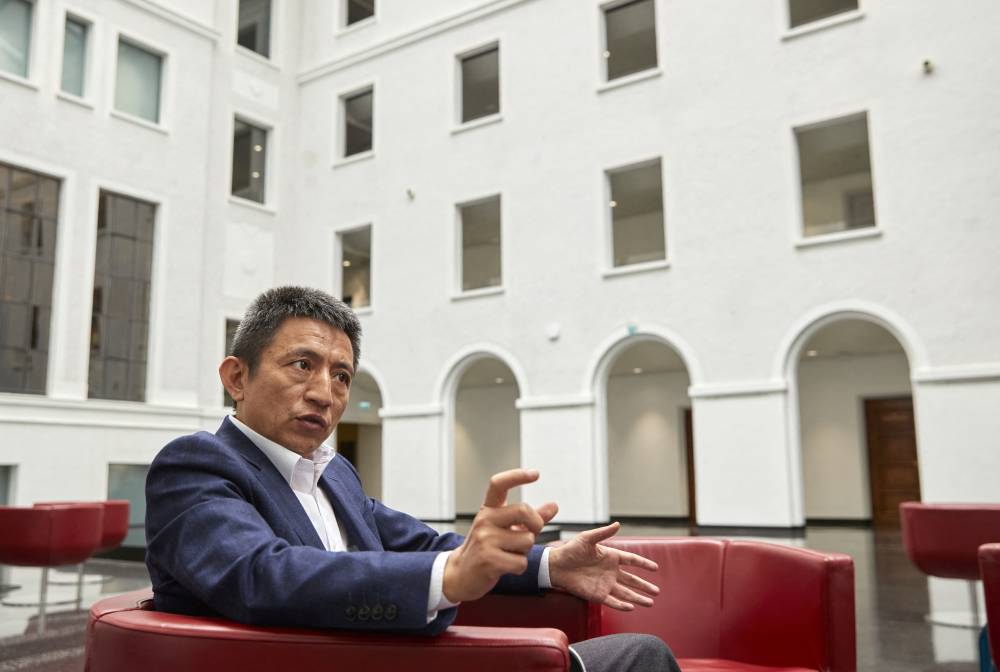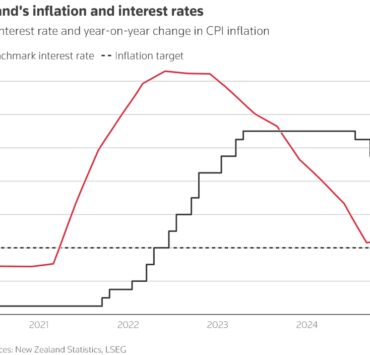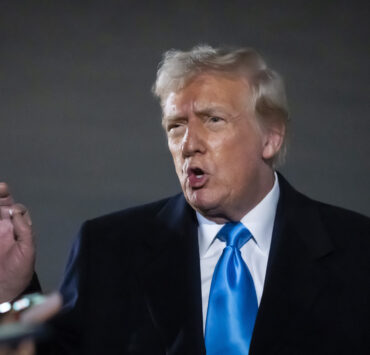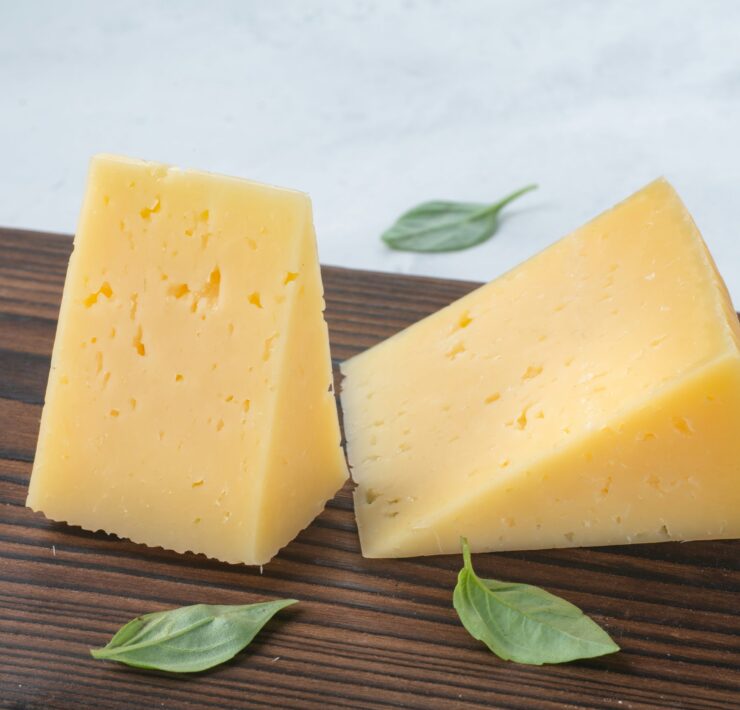China condemns Trump’s ‘tariff shocks’ at WTO

GENEVA — China condemned tariffs launched or threatened by US President Donald Trump at a World Trade Organization meeting on Tuesday, warning that such “tariff shocks” threaten to upend the global trading system and could risk a global recession.
Trump has announced sweeping 10 percent tariffs on all Chinese imports, prompting Beijing to respond with retaliatory tariffs and to file a WTO dispute against Washington in what could be an early test of Trump’s stance towards the institution.
“These ‘Tariff Shocks’ heighten economic uncertainty, disrupt global trade, and risk domestic inflation, market distortion, or even global recession,” China’s ambassador to the WTO Li Chenggang said at a closed-door meeting of the global trade body, according to a statement sent to Reuters.
“Worse, the US unilateralism threatens to upend the rules-based multilateral trading system,” said Li.
The WTO discussion, which began late on Tuesday, is the first time that mounting trade frictions will be formally addressed on the agenda of the watchdog’s top decision-making body, the General Council.
It was not immediately clear how other countries, including the United States which does not yet have a trade ambassador in Geneva, had responded.
Director-General Ngozi Okonjo-Iweala has so far urged the WTO’s 166 members to refrain from retaliating in the event of tariffs, in order to avoid “catastrophic” trade wars.
Trade delegates said before the meeting they did not expect any immediate outcome from the meeting, but that countries’ reactions could indicate the likelihood of an escalation of trade wars in response to planned US measures.
‘Best in the class’?
Less than being a swipe at Washington, some delegates said they considered China’s call for debate more as an effort to show itself as compliant with WTO rules — a posture that can help China win allies in ongoing global trade negotiations.
“They want to look reasonable and responsible and like the best student in the class,” said one delegate who was not authorized to speak publicly.
Disputes between the two top economies at the WTO long pre-date Trump’s arrival. Beijing has accused Washington of breaking rules while Washington says Beijing does not deserve its “developing country” status which entitles it to special treatment under WTO rules.
As the Trump administration has announced plans to withdraw or disengage from other global organizations, the WTO has not yet been a major focus for the White House.
However, incoming US Trade Representative Jamieson Greer has called the WTO “deeply flawed.”
Reuters, the news and media division of Thomson Reuters, is the world’s largest multimedia news provider, reaching billions of people worldwide every day. Reuters provides business, financial, national and international news to professionals via desktop terminals, the world's media organizations, industry events and directly to consumers.





















